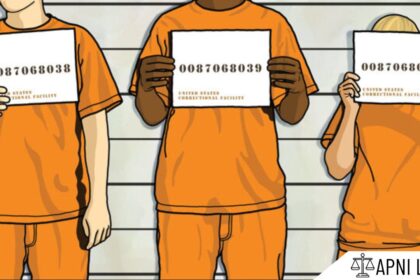Code
If, upon considering the police report and the documents sent with it under section 173 and making such examination, if any, of the accused as the Magistrate thinks necessary and after giving the prosecution and the accused an opportunity of being heard, the Magistrate considers the charge against the accused to be groundless, he shall discharge the accused, and record his reasons for so doing.
Explanation
This section empowers a Magistrate or a Court to discharge an accused person if, at the end of the prosecution’s case, it finds that there is not sufficient evidence to frame a charge against the accused. The Court considers the evidence presented by the prosecution and determines whether it establishes a prima facie case against the accused. If the Court is convinced that the prosecution has failed to establish a prima facie case, it can discharge the accused.
Illustration
Consider a case where the prosecution alleges that the accused stole a car. If the prosecution presents evidence that the accused was seen near the car, but fails to provide evidence linking the accused to the theft, the Court may find that there is not sufficient evidence to frame a charge and discharge the accused.
Common Questions and Answers
Q: When can a Court discharge an accused under Section 239?
- A: A Court can discharge an accused under Section 239 only after the prosecution has concluded its case.
Q: What is a prima facie case?
- A: A prima facie case is a case that, on its face, appears to have sufficient evidence to support the charges against the accused.
Q: Can the accused appeal against a discharge order?
- A: Yes, the prosecution can appeal against a discharge order if it believes that the Court erred in discharging the accused.








